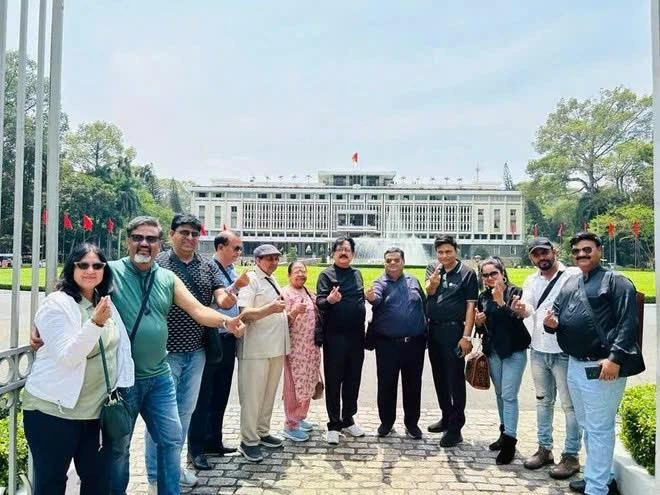
More than 2.2 billion Muslims in the world spend more than 220 billion USD on tourism (2023) and are forecast to exceed 300 billion USD by 2026. In particular, Malaysia, Indonesia, India, the Middle East... are key markets and record a rapidly growing middle class, leading to demand for high-quality tourism, but at the same time must be in accordance with Islamic principles.
In fact, the Halal tourism market is opening up a large development space for destinations that know how to seize the opportunity, and Vietnam is becoming a favorite destination for this special type of tourist. So how can the entire tourism industry in the country in general and Hanoi in particular effectively exploit Halal tourism? Experts say that a complete strategy is needed before getting started.
Opportunities "hidden" in difficulties
With 57 member countries of the Organization of Islamic Cooperation (OIC), the Muslim population is expected to increase from 2.12 billion (2024) to 2.47 billion (2034), accounting for 50% of the global increase. The proportion of people under 40 years old will account for 70% in 2024 and is forecast to be 67% in 2034. Working-age Muslims will account for 18% of the global population in 2024, increasing to 19% in 2034. This figure shows that the Halal tourism market is not only large in scale but also rich in spending potential.
“With a young, large population and strong economic activity, Muslim tourists are increasingly inclined to travel, opening up great opportunities for global tourism destinations and businesses,” said Mr. Nguyen Quy Phuong, Head of the Department of International Relations and Tourism Promotion, Vietnam National Administration of Tourism.
However, to effectively exploit this specific market, destinations must also meet additional requirements such as: Halal-certified food; mosques and prayer spaces; services that respect Islamic culture; and a friendly, safe environment for tourists, especially Muslim women.
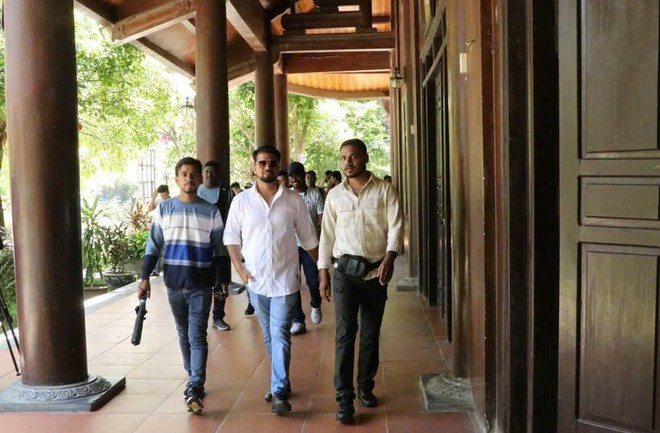
Deputy Director of the Hanoi Department of Tourism Tran Trung Hieu said that Hanoi is a major tourist center with diverse infrastructure, heritage and culture, welcoming about 650,000 visitors from Muslim countries in 2024, accounting for nearly 15% of total international visitors. The Indian market alone reached more than 325,000 arrivals, an increase of nearly 40% over the previous year.
According to local leaders, Hanoi is also the only place in Vietnam that has the Al-Noor Mosque, a symbol connecting the Muslim community with local cultural life. In particular, high-end accommodation facilities such as Intercontinental Landmark72, JW Marriott, Melia Hanoi... have deployed Halal meal service upon request. Some restaurants such as Khazaana, D'Lion are also familiar choices for Muslim tourists.
In order to take advantage of competitive advantages, Hanoi industry leaders said they will advise on building specific policies to promote Halal tourism as a strategic segment in the direction of expanding the international market.
However, Halal tourism in Vietnam still faces many challenges: Halal certification is still fragmented, lacking unified standards, causing difficulties for travel businesses, hotels, and restaurants; tourism infrastructure such as prayer rooms, separate dining areas, or Halal-friendly shopping experiences are still modest...
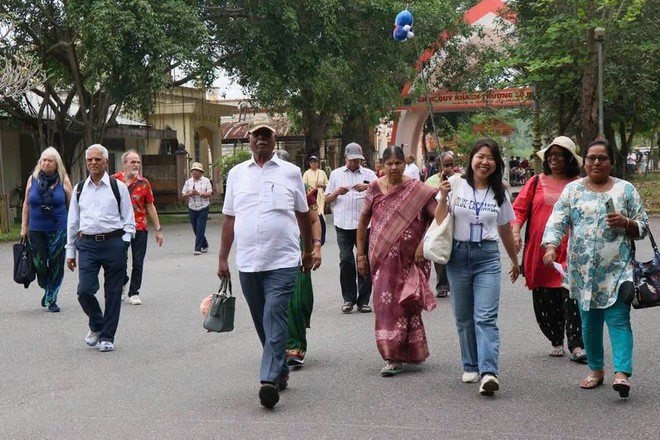
The most worrying thing is that the human resources serving this type of customer are still lacking in quantity, professional knowledge, and have not been properly trained in culture, etiquette, and specific needs, leading to businesses often being confused when welcoming Halal customers.
Strategy to attract Muslim customers
Through the experience of welcoming Muslim guests, sharing about the development of an agricultural tourism model that meets Halal standards, CEO of Phan Gia Xanh Garden (Nha Trang, Khanh Hoa), Mr. Vo Han, stated that Halal standards are standards of safety, ethics and trust.
According to Mr. Vo Han, normal cuisine is not suitable for Muslims, but Halal cuisine can be used by everyone. Therefore, if you want to exploit the Halal tourism market, you must understand Muslims, understand that they have absolute faith in religion and spirituality, so the more you understand them, the easier it is to serve them.
“Muslims do not like places that are too noisy and bustling. They like things to be gentle, private and close to nature, so rural agricultural tourism will be an experience that is very suitable for the needs of Halal guests,” Mr. Vo Han shared.
Hanoi tourism industry leaders said they will advise on building specific policies to promote Halal tourism as a strategic segment in the direction of expanding the international market.
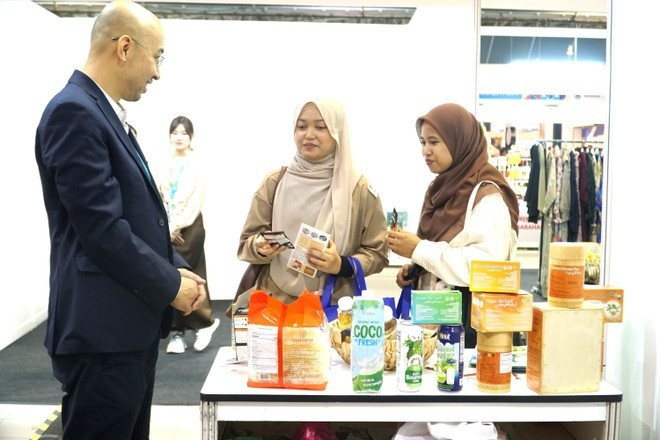
To effectively exploit this potential tourism segment, according to Mr. Tran Trung Hieu, the development orientation of Halal tourism needs a systematic strategy within the framework of a master plan, linked to ensuring religious security and national sovereignty. However, this is a new field, so close coordination is needed between management agencies, the business community, international organizations and domestic and foreign partners.
Training specialized human resources should be given top priority by opening training courses for receptionists, chefs, tour guides... in coordination with Halal organizations and specialized schools to standardize services.
Experts believe that to develop a friendly Halal ecosystem, it is necessary to encourage investment in standard hotels and restaurants, build specialized tours, and promote the Halal agricultural tourism experience model. Next, strengthen communication and promote the Halal market in Southeast Asia, the Middle East, and South Asia; at the same time, coordinate with embassies, Halal associations, and international promotion organizations to promote the exploitation of this market.
Hanoi City leaders pledged to study policies to support businesses in registering for Halal certification and accessing the market./.
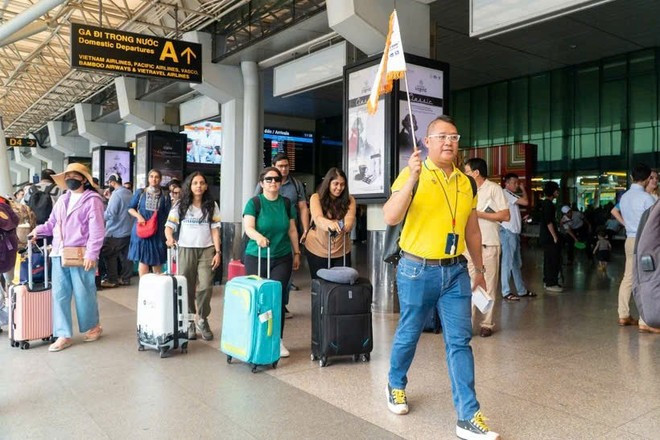
In order to promote the development of sustainable tourism services, the RIDA Framework was developed by CrescentRating (the leading authority on Halal/Islamic travel and tourism), to help the tourism industry, especially Halal tourism, adapt sustainably, innovate while preserving cultural and community values, towards long-term and comprehensive development.
The RIDA framework has four pillars: Integrating social, ethical and environmental responsibility into all tourism activities; creating authentic, in-depth experiences with indigenous culture and communities; ensuring quality, safety and satisfaction of tourists; increasing accessibility and customizing the journey through technology.
“Rida” in Arabic means satisfaction, contentment. Developing Halal tourism is also in line with the trend and strategy of developing green tourism, responsible for the environment and society of Vietnam tourism.
According to Xuan Mai (Vietnam+)
Source: https://baogialai.com.vn/mo-vang-du-lich-halal-can-chien-luoc-hap-dan-khach-hoi-giao-den-viet-nam-post326075.html



![[Photo] 60th Anniversary of the Founding of the Vietnam Association of Photographic Artists](/_next/image?url=https%3A%2F%2Fvphoto.vietnam.vn%2Fthumb%2F1200x675%2Fvietnam%2Fresource%2FIMAGE%2F2025%2F12%2F05%2F1764935864512_a1-bnd-0841-9740-jpg.webp&w=3840&q=75)
![[Photo] National Assembly Chairman Tran Thanh Man attends the VinFuture 2025 Award Ceremony](/_next/image?url=https%3A%2F%2Fvphoto.vietnam.vn%2Fthumb%2F1200x675%2Fvietnam%2Fresource%2FIMAGE%2F2025%2F12%2F05%2F1764951162416_2628509768338816493-6995-jpg.webp&w=3840&q=75)



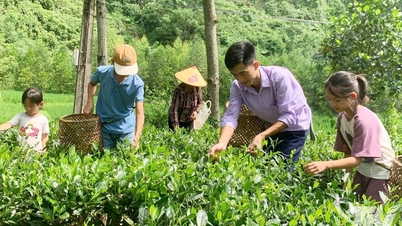

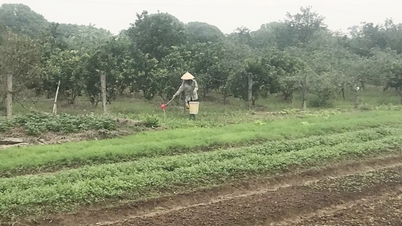



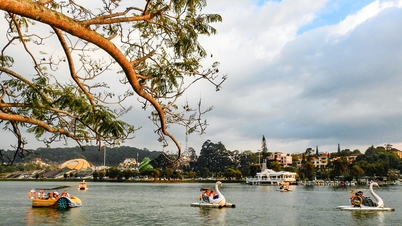

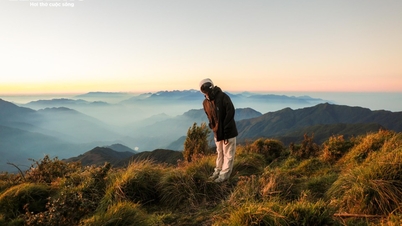

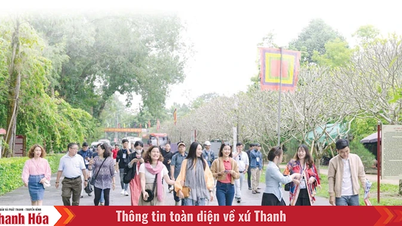





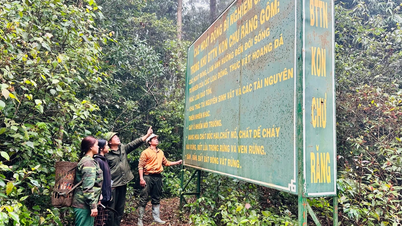
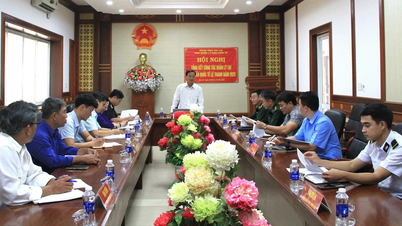

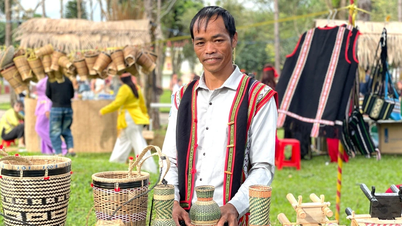
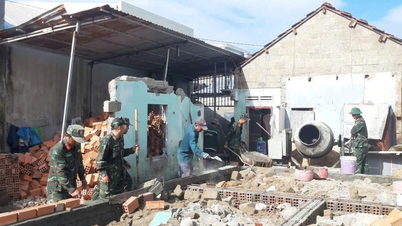
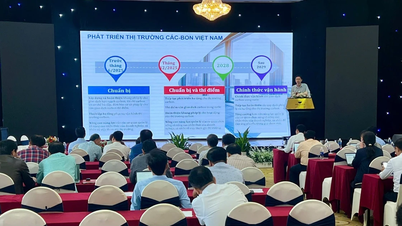







































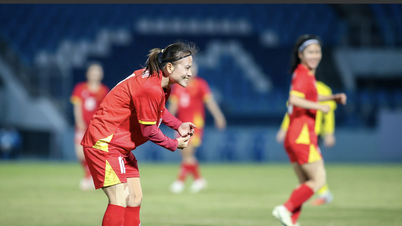


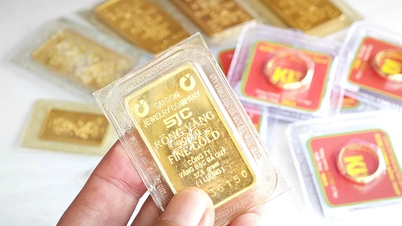
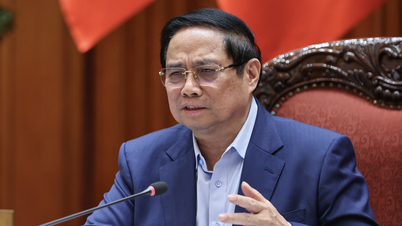
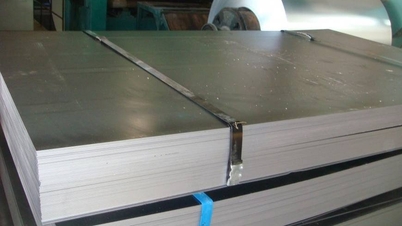


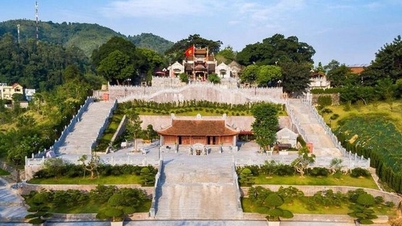

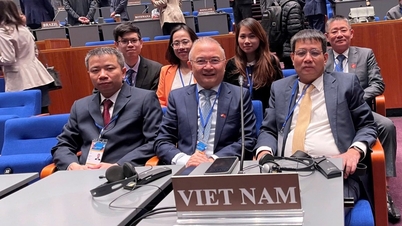
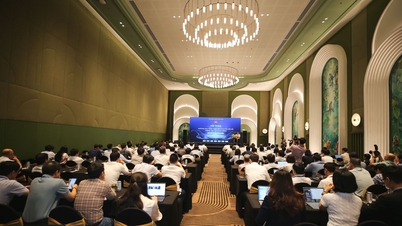

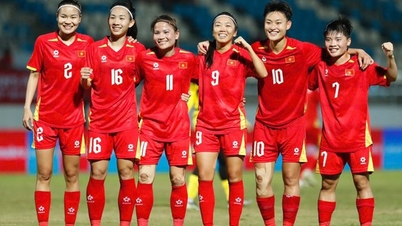
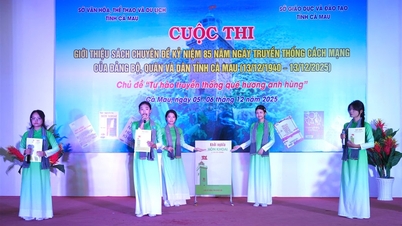


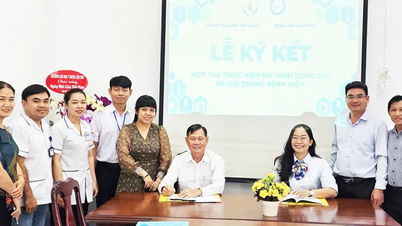
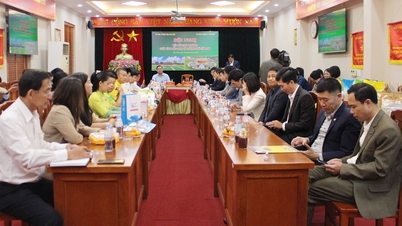

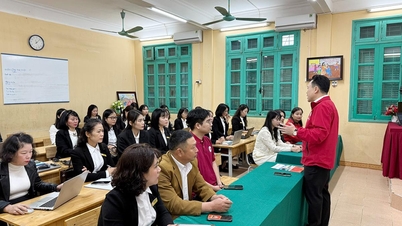














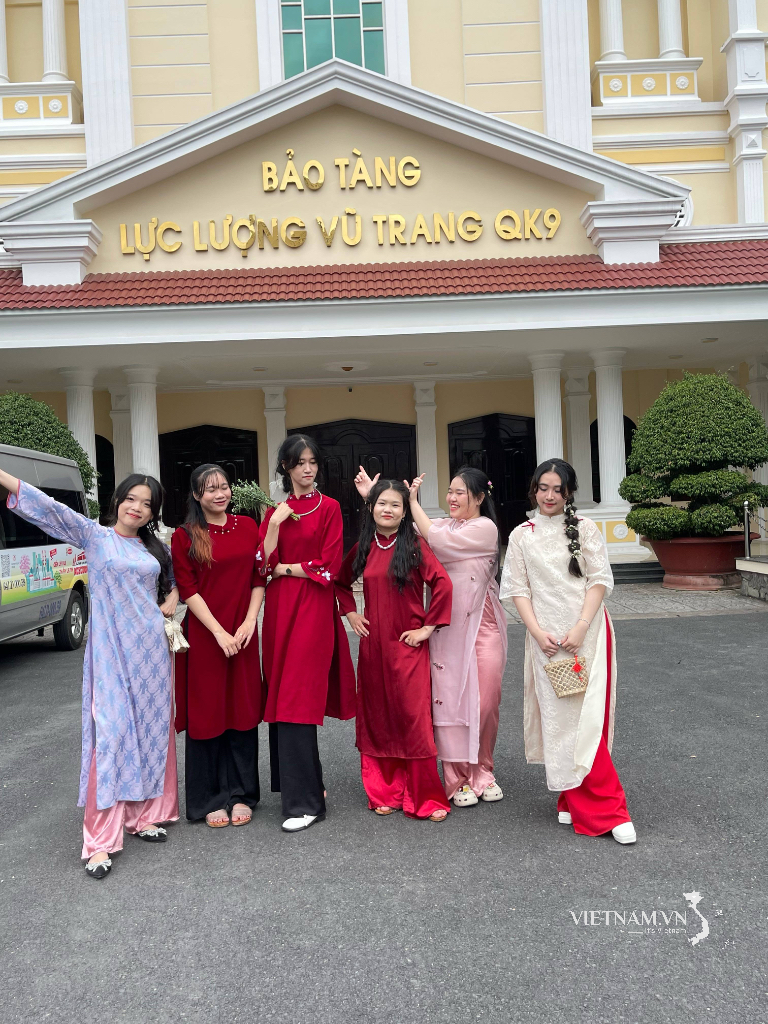




Comment (0)